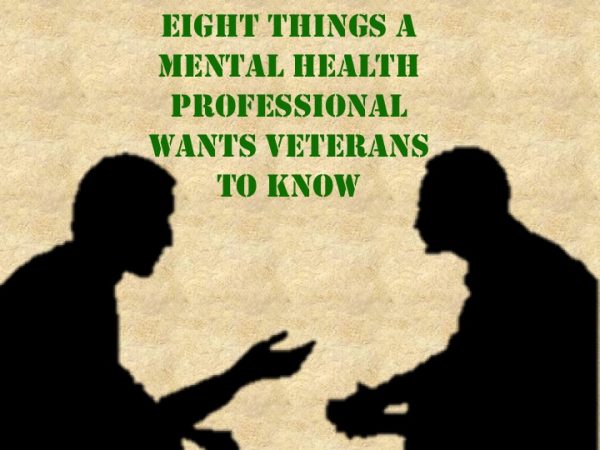

The HIPAA Privacy Rule permits a health care provider, when a patient is not present or is unable to agree or object to a disclosure due to incapacity (e.g. Mental Health Illness or Mental Condition Constitutes Incapacity
#Mental health professionals duty to inform professional
There may be other applicable laws or professional ethics that impose stricter limitations on sharing PHI, especially where the information related to a patient's mental health. Health care providers may share or discuss only the information the person involved needs to know about the patient's care or payment for care. State laws vary if a warning is mandatory or permissible.Ĭommunication with Adult Patient's Parents or Other Family MembersĪ health care provider is permitted to discuss an adult patient's mental health information with a patient's parent's or other family if a patient is given the opportunity and does not object. Exceptions are when a disclosure is required by law or in mandatory "duty to warn" situations.

With few exceptions the Privacy Rule requires a covered entity to obtain a patient's authorization prior to a disclosure of psychotherapy notes for any reason, including a disclosure for treatment purposes to a health care provider other than the originator of the notes. The Privacy Rule applies uniformly to PHI without regard to the type information, except for psychotherapy notes, which receive special protections. The Privacy Rule allows routine and often critical communications between health care providers and these persons, as long as the patient is present, has the capacity to make health care decisions, and as long as the patient does not object.Ī provider may choose to ask for the patient's permission, may explain to the patient he or she plans on discussing information, giving the patient an opportunity to agree or object or if necessary, may infer from the circumstances, using professional judgment, that the patient does not object.Įxtra Protections for Mental Health Information HIPAA allows a health care provider to communicate with a patient's family, friends or other persons who are involved in the patient's care. Department of Health & Human Services (HHS) Office for Civil Rights (OCR) guidance on HIPAA Privacy Rule and Sharing Information Related to Mental Health, there are times when it is appropriate for a health care provider to share Protected Health Information (PHI) of a patient being treated for a mental health condition.Ĭommunication with Family, Friends, or Others


 0 kommentar(er)
0 kommentar(er)
